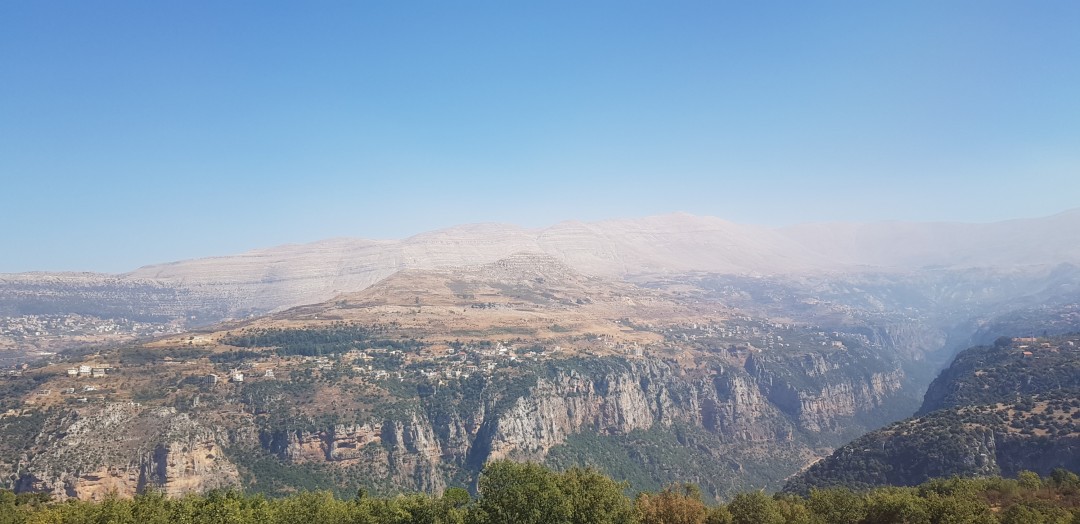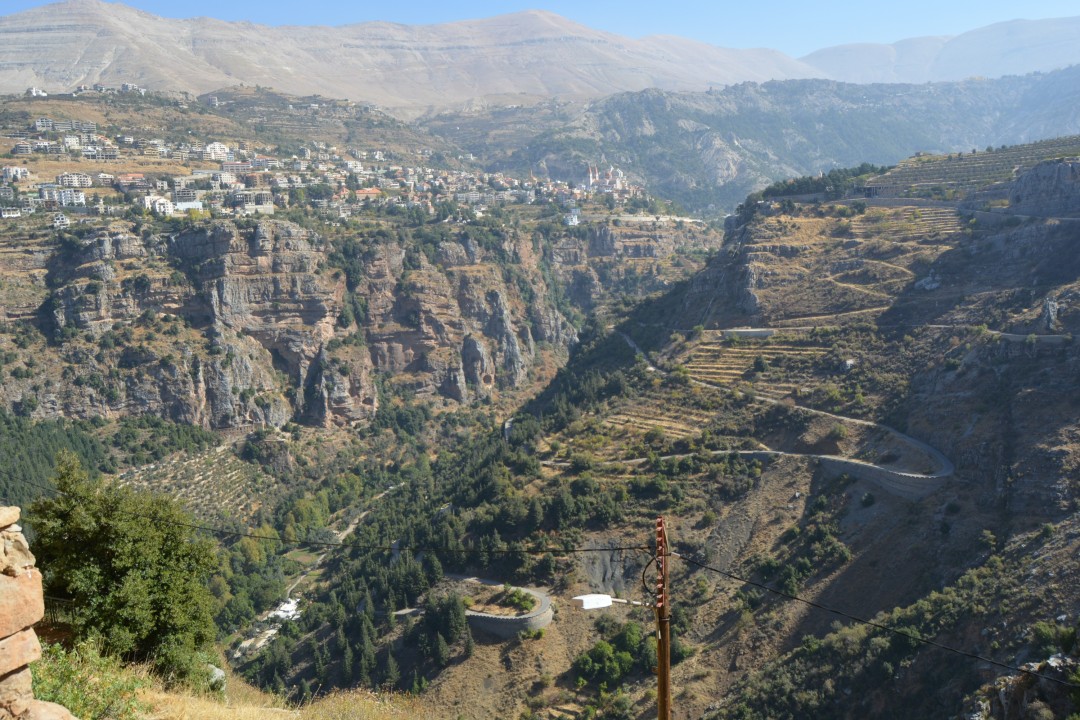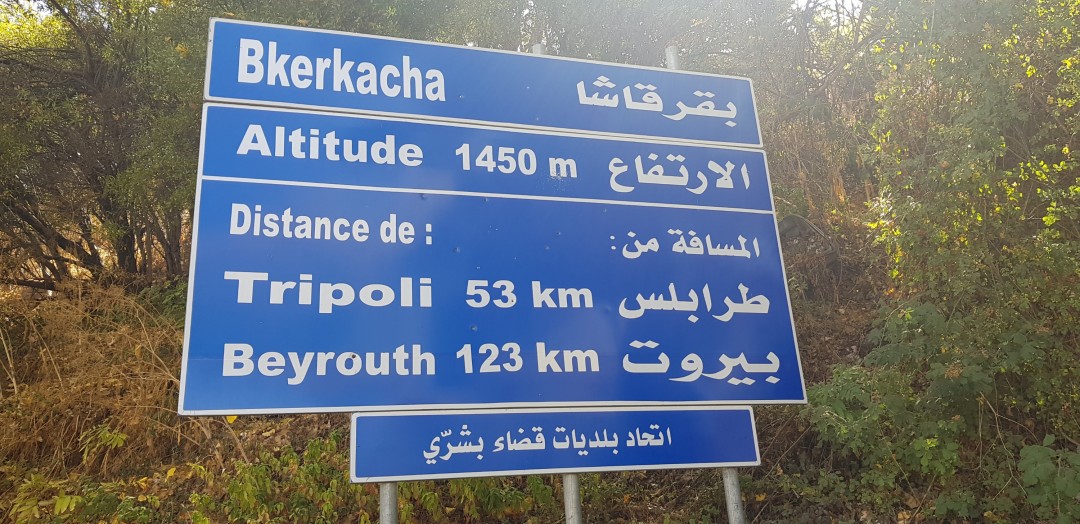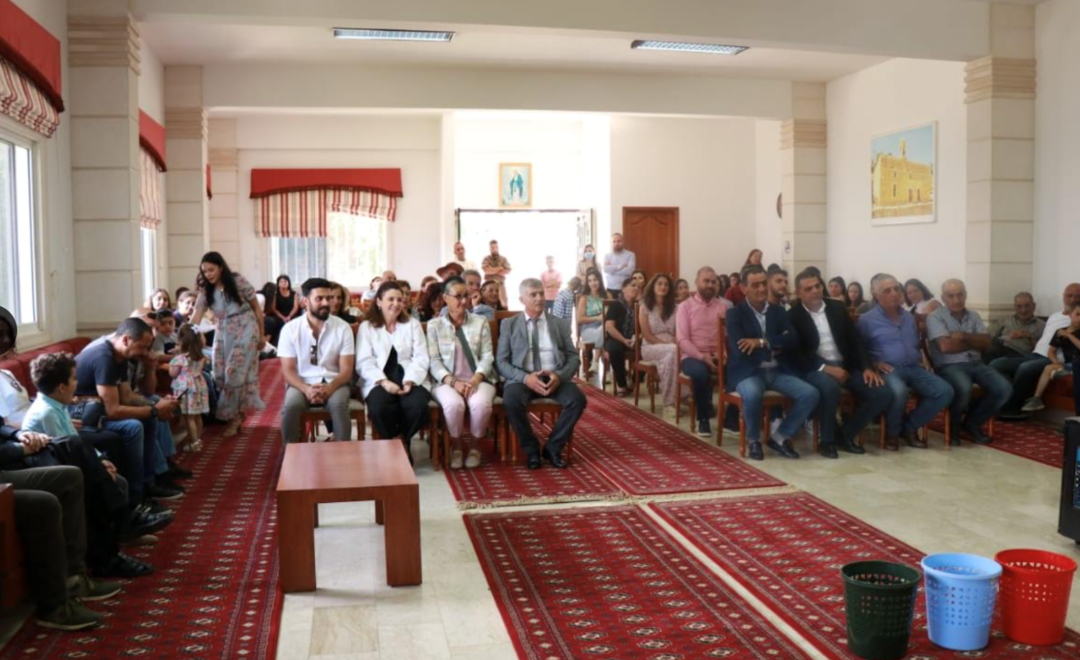Composting in Bkerkasha
The project aimed to help the community of Bkerkasha, Lebanon, complete its village-wide solid waste management initiative, through the implementation of composting. The project efficiently developed and executed an Arabic awareness campaign comprising of a video explaining composting, and a user-friendly brochure detailing best practices. Cost-effective compost bins, were procured and locally built allowing short-term employment opportunities within the community. 49 households participated in the projects. A capacity-building workshop also took place, providing guidelines, troubleshooting procedures, and maintenance instructions for the bins. By the end of the project, all participating households embraced the composting process but strongly advocated use of household compost bins. The collaborative, learning-oriented approach played a pivotal role in the successful adoption of the composting initiative. The successful integration of the composting program into the municipality’s solid waste management operations ensures the sustainability and long-term success to the intiative, reflecting the municipalities commitment to improving waste management practices in Bkerkasha and will serve as a model on how communities can engage authorities to bring about positive change.
Founded in 2019, the Environment Academy is a partnership between academia, media, diaspora experts and local communities, which is based at the American University of Beirut Nature Conservation Center (AUB-NCC) and aims to address urgent environmental threats.
News
Type
Education / Environment / Community Development / HealthDuration
March 2023 – October 2023Location
Bkerkasha / LebanonWith whom
The Evironment Academy
Website




Lebanon
Population
6.8 million (2018)
Per Capita Income
USD 7,920/year (2018)
Poverty rate *
27% (2010)
Literacy rate
94% (2016)
Human Development Index
82nd out of 189 countries (2018)
Lebanon has the highest per capita refugee presence, with 1.5 million Syrians, more than a quarter of the Lebanese population. The Syrian crisis is negatively impacting the economic and social fabric in Lebanon, straining its public finances, service delivery and environment. Although it is considered as an upper-middle-income country, poverty and income inequality remain high, with wide disparities among regions. A sharp increase in inflation in 2018, averaging 6.1 for the year, has compounded the regressive effect on lower-income families and older people in society. The agricultural sector is weak due to low productivity and profitability, with over 80% of the country’s food needs imported. 34% of Syrian refugees are severely to moderately food insure, many taking children out of school and sending them to work. 24% of Syrian girls aged 15 to 17 are married off- a fourfold increase over pre-Syrian war rates.
Sources: World Food Program, UNICEF, World Bank, 2016 Human Development Report, Human Development Indices and Indicators (2018 Statistical Update)
*The percentage of the population living below the national poverty line.